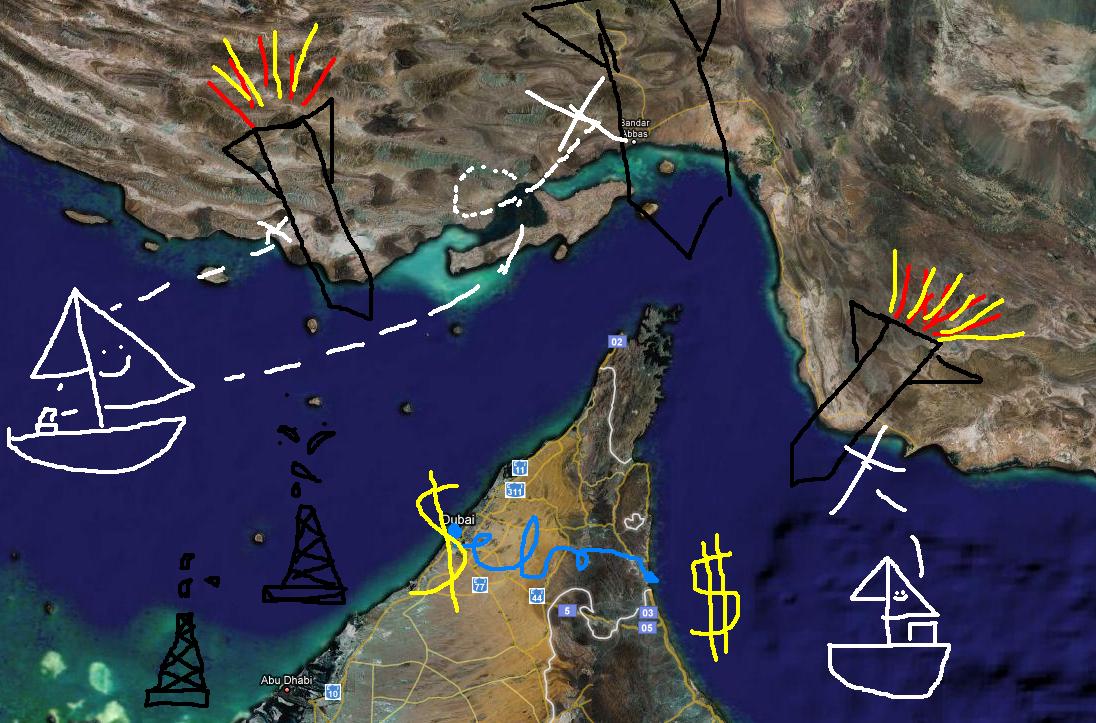UAE: Media hub strategy
I’m reproducing a brief I wrote a few months back for Oxford Analytica about the media hub model in the UAE. At the time Abu Dhabi hadn’t formally launched its big media hub to compete with Dubai Media City, but I think that underscores even more the Dubai-Abu Dhabi rivalry/emulation I touched on in the briefing. Enjoy:
United Arab Emirates: Media hub strategy bears fruit
EVENT: A new federal media law scrapping jail terms for press violations is nearing approval.
SIGNIFICANCE: The law formalises a decree issued last year by Dubai’s ruler, Sheikh Mohammed bin Rashid al-Maktoum. The United Arab Emirates is realising gains from a decade of investments aimed at developing into a global media hub.
ANALYSIS: The new law is part of a decade-long effort to boost the United Arab Emirates’ (UAE) domestic media production and attract foreign media firms. Dubai is now the venue of choice for global media companies seeking a foothold in the region. Sponsoring and advertising in these media advance its strategic goals of becoming a world business and tourism destination (see UNITED ARAB EMIRATES: Disaffected threaten Dubai model – May 8, 2008).
Its status as the physical base for media outlets also gives the state coercive political power over content, which it uses on occasion. This is a major success for the UAE’s state-driven development model, and has prompted the wealthier emirate of Abu Dhabi to take similar steps to centralise and promote media. A secondary goal of the media drive is to foster a unified Emirati identity and to strengthen civil society. However, this is hampered by conservative elites and a near total dependence on foreign workers.
…

